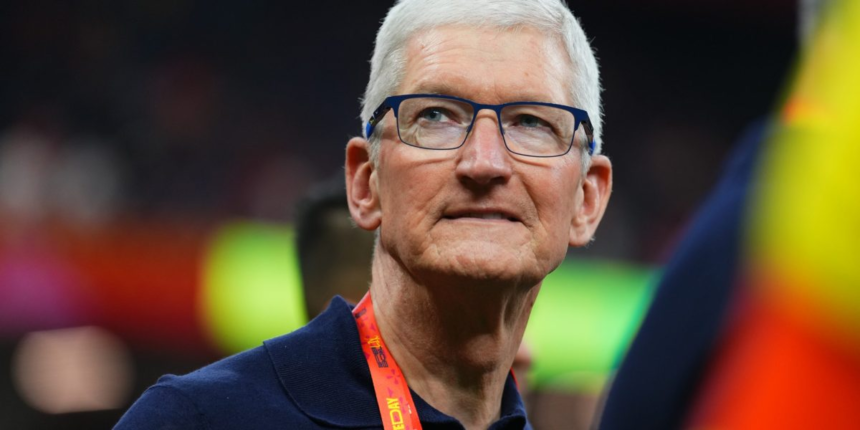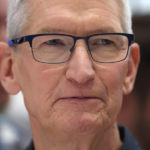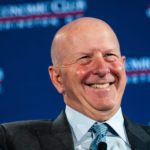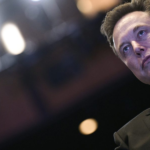“We asked that Epic Sweden resubmit the app update without including the U.S. storefront of the App Store so as not to impact Fortnite in other geographies,” an Apple spokesperson said in a statement. “We did not take any action to remove the live version of Fortnite from alternative distribution marketplaces.”
“It’s only a few years old,” Karon, who teaches at The Ohio State University Moritz College of Law and the University of Michigan Law School, said of the legal battle. “There’s a lot of runway left.”
“Apple’s continued attempts to interfere with competition will not be tolerated,” Gonzalez Rogers wrote.
The judge also said Apple tried to cover up its actions in court. The judge asked federal prosecutors to investigate whether Apple and Alex Roman—a vice president of finance who “outright lied under oath,” according to Gonzalez Rogers—should be charged with criminal contempt.
“It seems that Apple can’t get out of its own way,” Karon said.
The company’s App Store guru, Phil Schiller, advocated internally for complying with the order, Gonzalez Rogers said, before then-CFO Luca Maestri convinced CEO Tim Cook otherwise.
“Cook chose poorly,” the judge wrote.
“Success is not illegal,” she wrote in 2021.
Gonzalez Rogers did give Epic Games one crucial victory, however, issuing a nationwide injunction that said Apple could not prohibit developers from directing users to make in-game purchases outside of the app.
The Ninth Circuit of Appeals affirmed that and much of the judge’s ruling. The Supreme Court declined to review the case in January 2024, and the injunction went into effect the next day.









